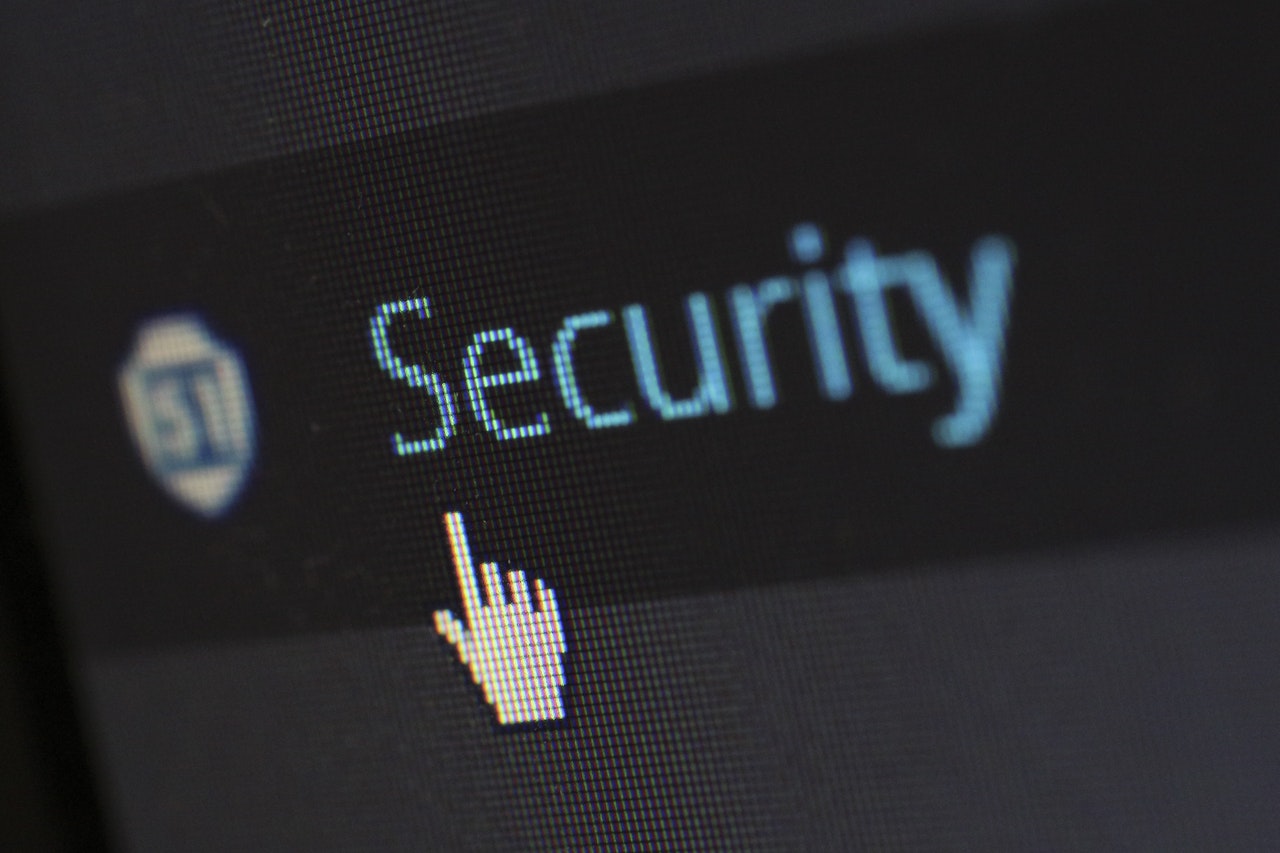Looking to practice safe computing habits? Thinking you have become a bit casual with your cybersecurity? Getting a little paranoid about protecting your data? This piece provides you with a strong start towards ensuring your PC and phone security.

Cyber Threats Explained
It is undeniable that computers and smartphones are an integral part of your daily life. You depend on these for business, communication, and information. But of great concern is how these devices can be used for tracking you or breaking into your files. With viruses and malware becoming harder to detect, it is evident that cybersecurity has become a great threat. For instance, 2019 brought with it ransomware attacks, supply chain hacks, and escalating concerns with incidences of data breaches becoming an ever-growing threat. According to Small Business Trends, at least 43% of cyberattacks are on small businesses which costs them at least a million dollars to mitigate the ripple effects. How then do you protect yourself? What are the top 5 things you should know about PC and phone security?
Top 5 Considerations for Cybersecurity
1. Automate Your Approach to Cybersecurity
At the beginning of any project, you want to take into account how secure the project will be. This is often done to ensure the integrity of a software for instance is maintained. An example of such an initiative is the security by design software that is incorporated at the beginning of a product’s life cycle. Notably, integration with the Cloud makes it easier for software developers to incorporate the system by design as part of a cybersecurity approach. It takes on key functions including system configurations, automation of security baselines, and the end-user audit of security controls for Amazon Web Service customers. Admittedly, this approach it timely especially in this age of IoT where tighter security is needed with the greater connection of devices.
2. Enable Two-Step Authentication for Your Online Accounts
Otherwise referred to as two-factor verification, this process eliminates the need for customers to verify their identity with passwords and user IDs. The two-step authentication involves providing additional information which only you know. This is often a security question, a physical characteristic like a fingerprint or a PIN number. As a protocol, it saves you money while removing the notoriously vulnerable user passwords. Besides, you can enable remote access while still protecting yourself from cyberattacks. Note that as a prerequisite for the two-step authentication, log off from any frequently visited sites as this protects you from malware and online impersonation. Using the knowledge, possession, or inherence methods called upon by this protocol restricts any unwarranted leverage that an attacker might have on you.
3. Encrypt Your Drive
If you have ever wondered if encrypting your drive was enough to protect you, the answer is yes. A single encrypted folder is good enough to provide you with the strongest protection from any hack attempt. If you leave swap files on your computer even a motivated hacker would have a difficult time accessing your files. In a situation where someone illegally got access to any data, it would be difficult for them to read the files on any other OS. You should consider getting third-party encrypting programs especially for your OS passwords. Note that encryption also safeguards you as you connect to the internet, access your emails or fails and when you log into any accounts online. However, be aware that encrypting your drive or getting a third-party encryption software does not protect you from clicking on malicious links. Additionally, you should avoid downloading files whose source you are not sure of.
4. Always Lock Your PC and Phone
The easiest way to protect yourself from data breaches is locking your PC and phone especially when you are away from the device. Fortunately, most OS including Windows provide you with a simple command to lock your PC. You can also include an add-on to your PC that instructs the device to lock after a predetermined amount of time. An additional security set up would be to incorporate a secure logon software whereby after a number of unsuccessful log ins, the machine would lock down for a certain amount of time.
5. Secure Your Wi-Fi Networks
As a start, make a complicated router password that can only be changed or accessed using your admin credentials. This effectively protect your wireless network from intrusion. On the other hand, you should limit access to the password to your immediate family or work mates. Besides, change the password frequently as a WiFi password is typically ever input once.
Cyber threats compromise your data and might cost you money and damage your reputation. Obviously, following the above tips might not guarantee you will never experience a security compromise. Still, when considered, and practiced regularly, these habits should make you a bit secure in a world where PCs and phones are consistently susceptible to brute-force attacks.